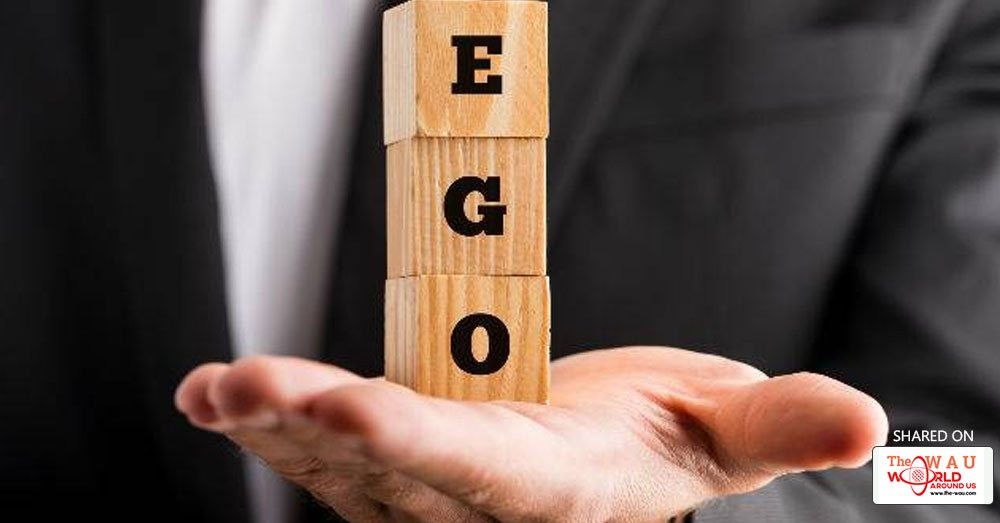Do you break into cold sweat when somebody calls you egoistic? In layman's terms, ego has a negative connotation, which means the person is too much into himself. Well, ego is nothing but self-respect. However, when it crosses a line, it annoys others and thus gets on the way of professional and professional growth. You are then branded as 'egoistic'. Ego is good till you don't browbeat or belittle someone.
So, it is essential to keep your ego in check on and off, not only to go high in the professional ladder, but to be respected and liked by all. However, it is easier said than done, since every individual tends to cross that delicate line very often. The best way to keep a check is having a friend who will not be afraid to give you and take from you the straight dope.
If you feel that your ego often comes in the way of your growth, ask your best friend for an honest blunt feedback. Always have a friend who will tell you the truth and you can tell her about her mistakes and shortcomings. When you are too proud of yourself, you tend to ignore your weaknesses to the extent that you become a bragger.
According to Sigmund Freud's psychoanalytic theory, there are three parts to one's personality: the ego, the id and the superego. The ego is the psychological component of the personality, the id is instinctual and superego is the social component of our conscience. Your behaviour is determined when these three components merge and when one overshadows another, problems begin.
Studies show that attempts to self-promote often have the opposite effect. Irene Scopelliti, a lecturer at City University London did a study on braggers and concluded that "most people probably realise that they experience emotions other than pure joy when they are on the receiving end of someone else's self-promotion. Yet, when we engage in self-promotion ourselves, we tend to overestimate others' positive reactions and underestimate their negative ones. These results are particularly important in the internet age, when opportunities for self-promotion have proliferated via social networking."
A best friend is the only person who will tell you when your self-confidence turns into self-promotion.
Share This Post















